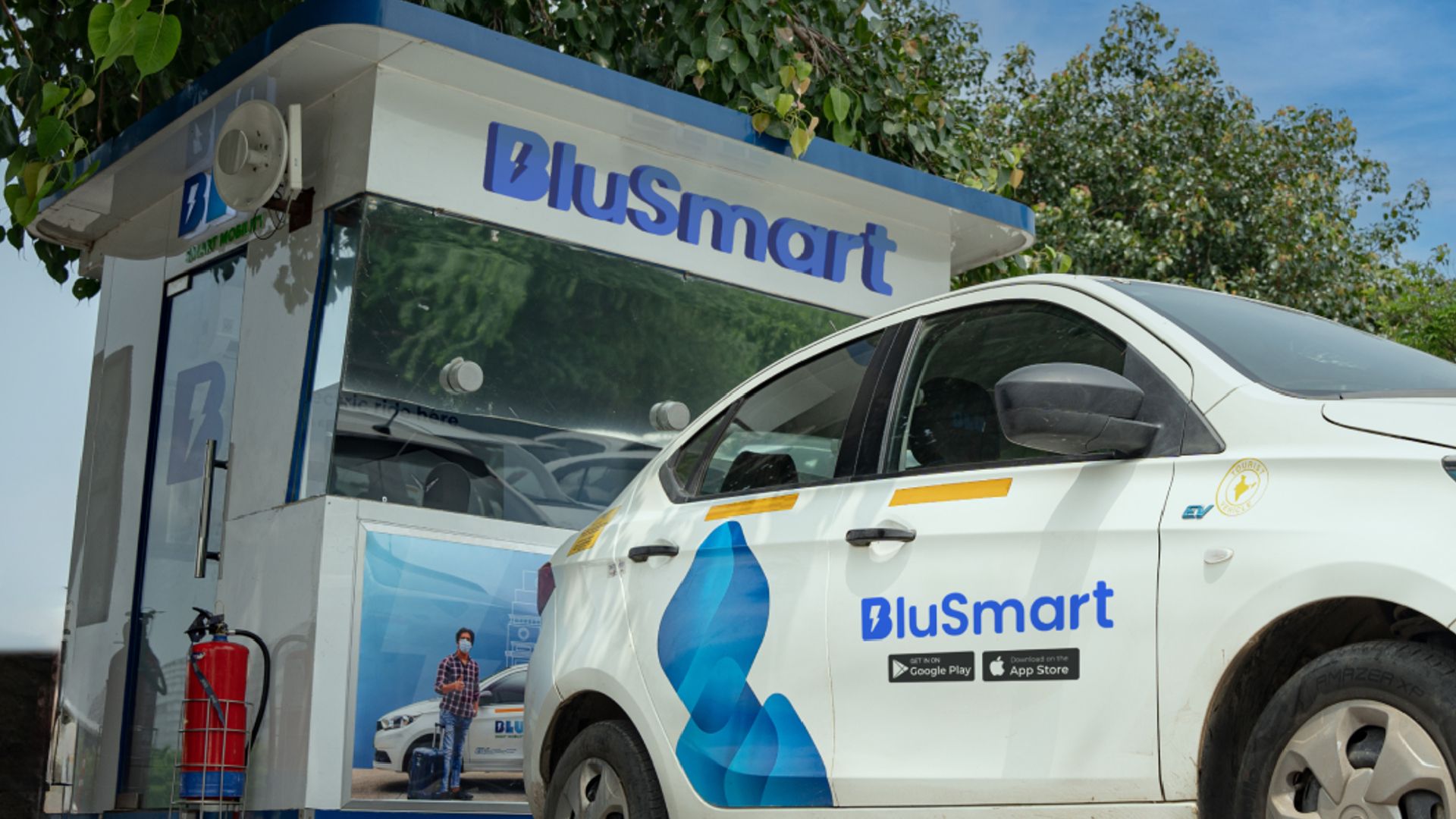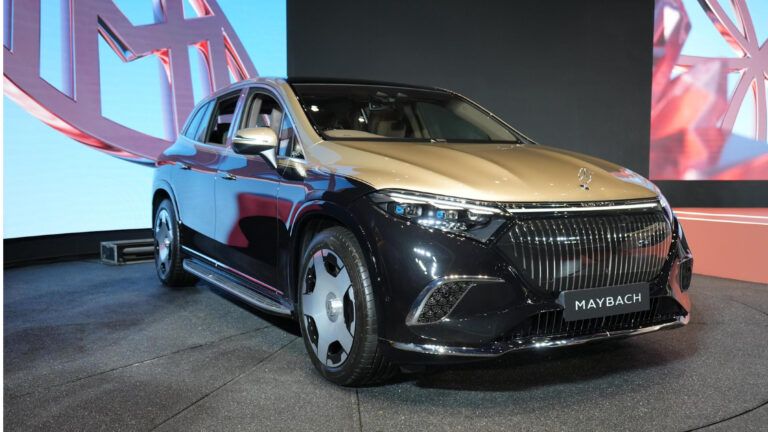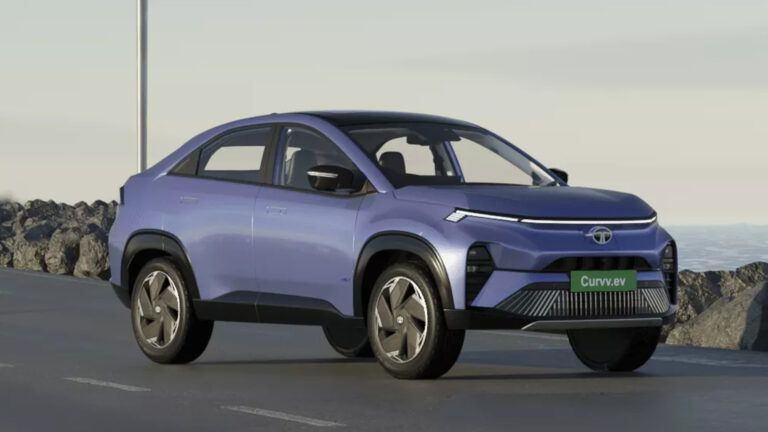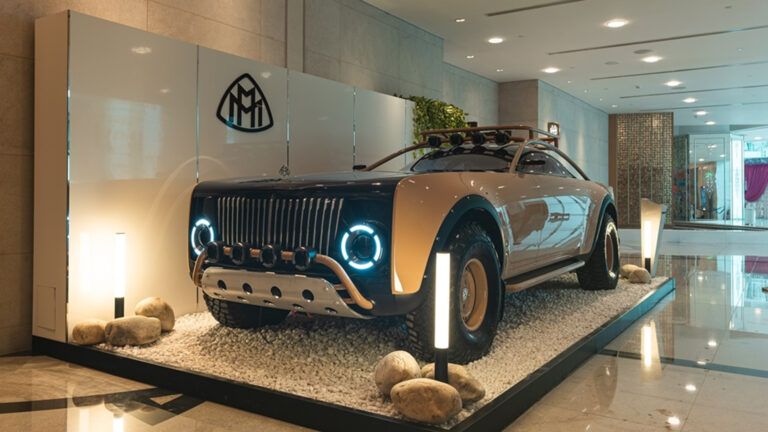BluSmart, the largest e-cab operator in India, will raise $25 million from its founders and existing investors. Co-founder Punit Goyal stated in an interview with reporters that new investors will contribute to the funding.
The company intends to close the funding by the end of June. It will be part of a three-year, $300 million funding round with the aim of scaling up its fleet and broadening its reach in India and overseas.
BluSmart’s current fleet includes EVs from Tata Motors, BYD, MG Motors, and Citroën. The company plans to grow its Indian fleet from 7,500 to 13,000 by March next year, leveraging a range of EVs from various brands. Additionally, it aims to expand the fleet to 25,000 cars over the next three years.
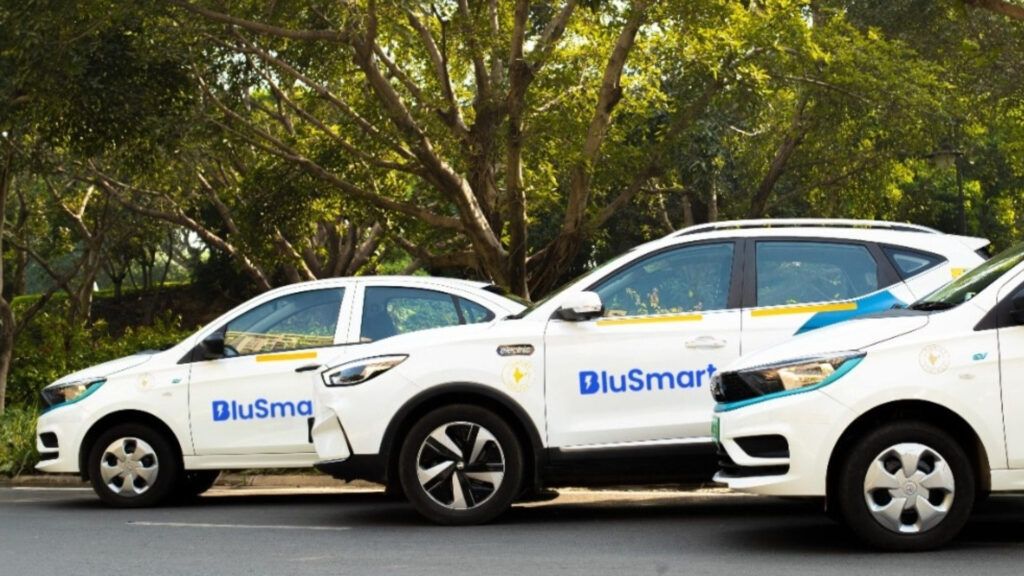
The Expansion Plan
BluSmart currently operates in Delhi and Bengaluru. And now, the company wants to expand its Indian operations using fresh funds. However, it will prioritize large cities, where it intends to provide premium services using vehicles from leading manufacturers.
Goyal told reporters:
We don’t want to go to small cities because that’s not where the revenue comes from. Cheap rides, cheap quality, cheap service and cheap pricing are not our forte.
In a previous interview, Goyal stated that the company aims to enter Mumbai by the third quarter of 2024.
The company, backed by Global Founders Capital and BP Ventures, will also initiate services in Dubai next month. It will commence with around 100 Audi EVs and escalate to 300 Audi and Tesla EVs by December.
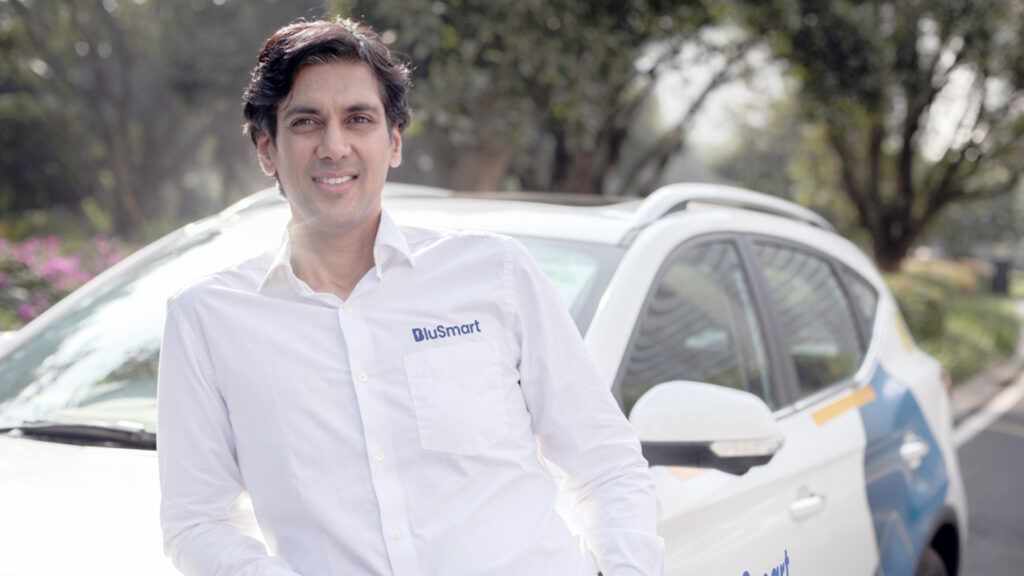
Strategy Against the Competitors
BluSmart is confident about its growth potential despite Ola and Uber’s dominant position in India’s ride-sharing market. Goyal stated that the company aims to double its revenue to $110 million by March 2025 but declined to comment on profitability.
The e-cab operator, having secured $200 million in equity and long-term debt, is confident in its superior model compared to ride-hailing competitors. Why? It operates a fleet on a long-term lease instead of requiring drivers to own and maintain their vehicles.
While talking about BluSmart’s early planning, Goyal commented:
We can’t beat the competitors (Ola and Uber) on the scale. We wanted to beat them on quality.
According to Goyal, the competitors had to deal with factors like unmaintained vehicles, backlash from surge pricing, and the risk of dropped rides. BluSmart aims to address these issues with its business model.

